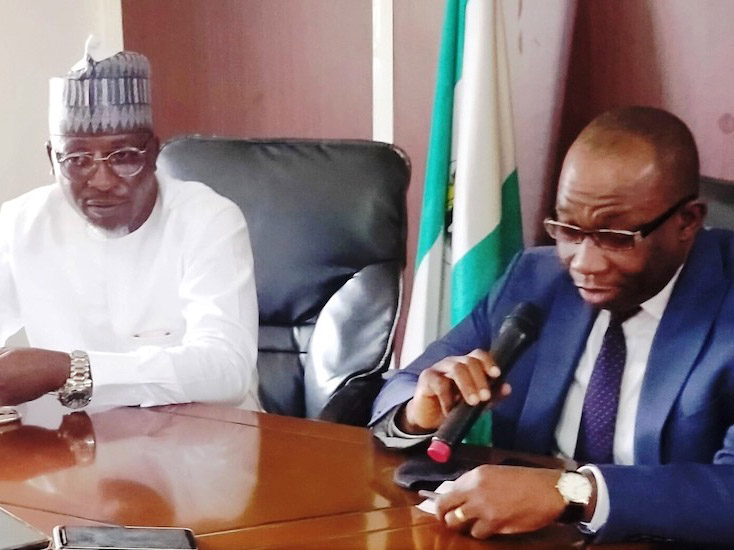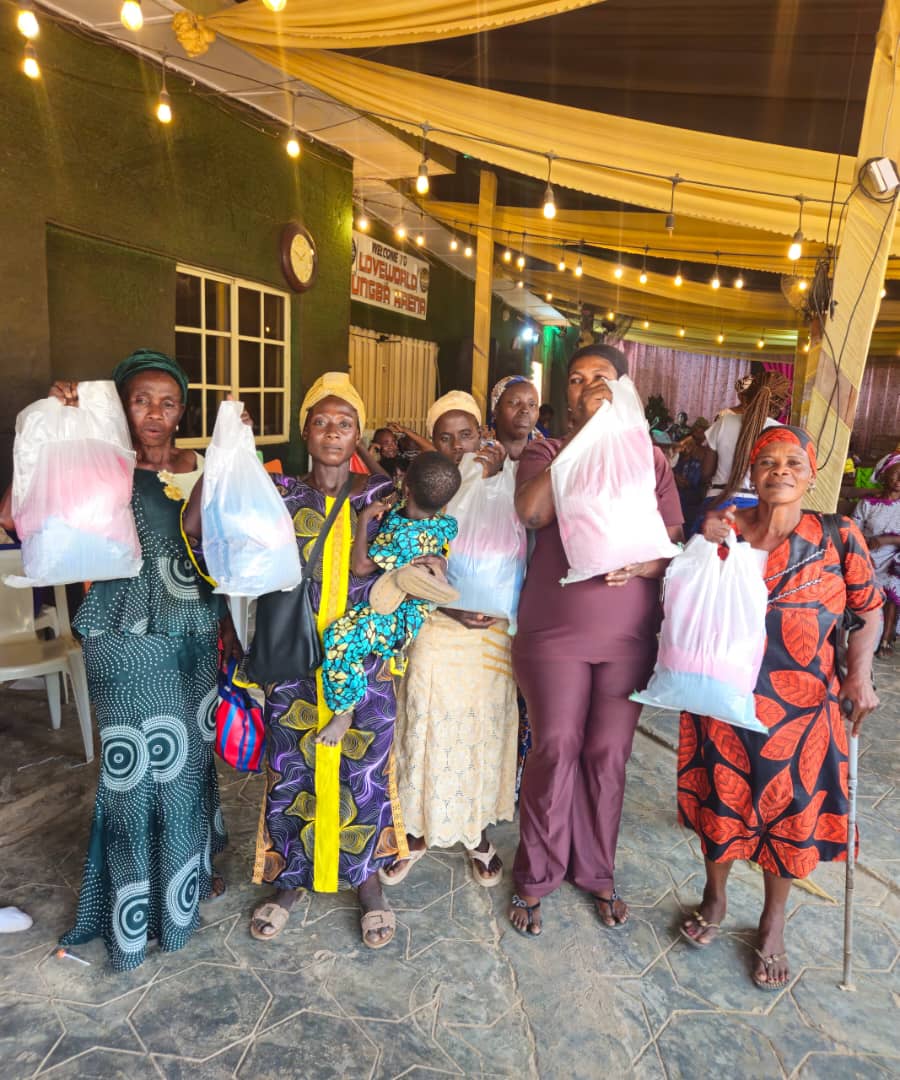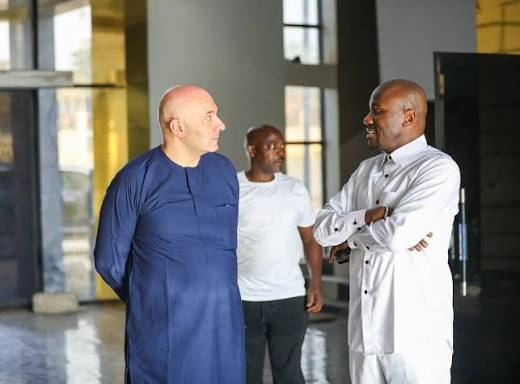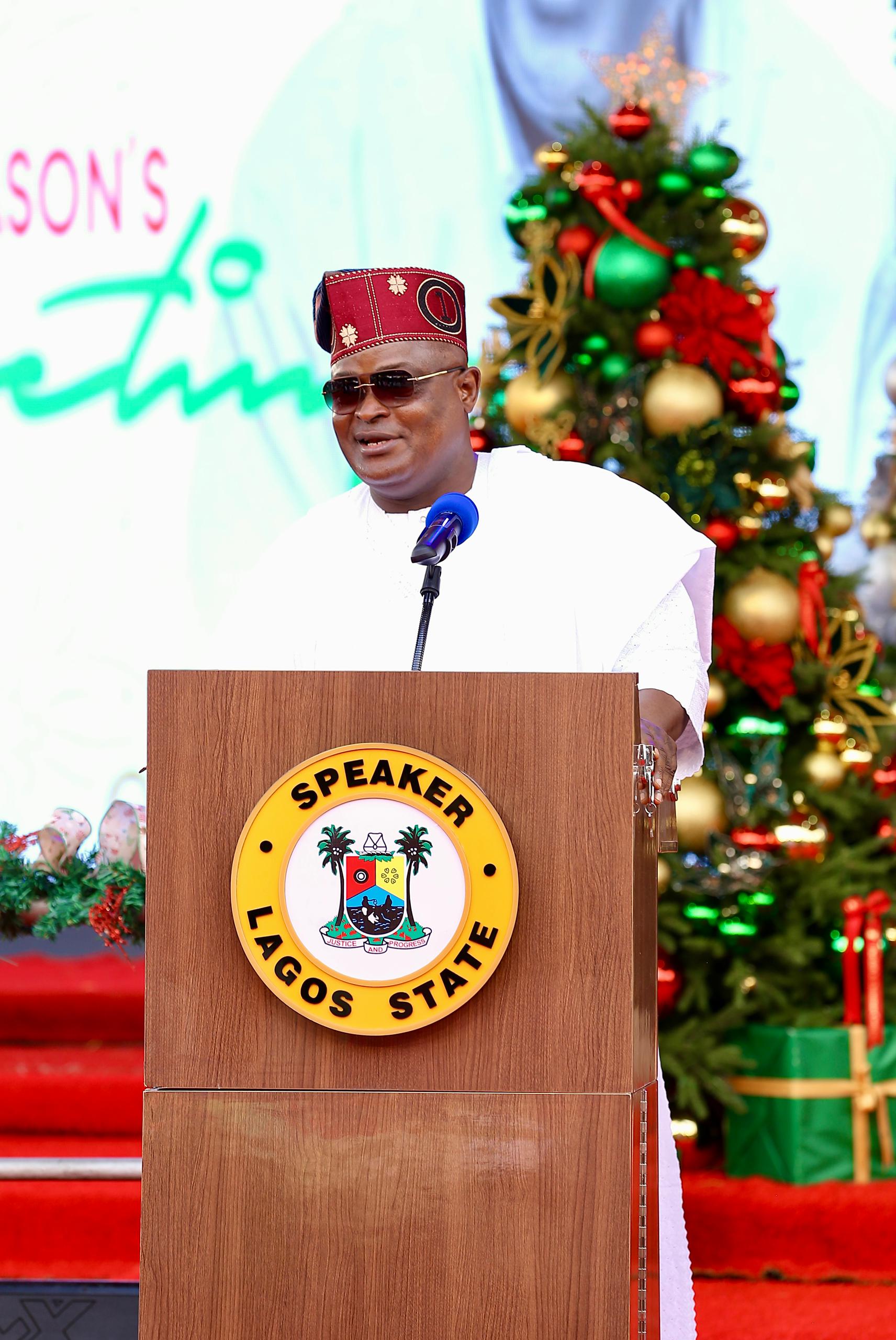AfDB approves $46m loan for Sokoto health project, aiming to transform healthcare through hospitals, clinics, and training centres to reduce high infant mortality and improve access
AfDB approves $46m loan for Sokoto health project, marking a significant investment to revamp the state’s failing health infrastructure.
Also read: AfDB approves $184.1 million for Africa’s largest solar plant in Egypt
The African Development Bank confirmed the approval in a statement obtained by PUNCH Online on Friday, describing the project as a critical intervention to reverse dire health indicators in Sokoto State.
The Bank revealed that infant mortality in Sokoto stands at 104 per 1,000 live births, nearly double the national average.
Only 5% of children are fully vaccinated, and health facilities remain under-equipped and understaffed — with just one doctor for every 8,285 residents.
To tackle this, the $46 million loan will support the construction of:
- A 1,000-bed teaching hospital,
- Three zonal hospitals with 450 beds combined,
- Six primary health care centres targeting rural areas.
The investment also includes rehabilitating health training institutions, establishing a medical supply warehouse, and integrating renewable energy and e-health systems to modernize operations sustainably.
“This investment illustrates our commitment to strengthening Nigeria’s health systems while building climate-resilient infrastructure,” said Abdul Kamara, AfDB’s Nigeria Director General. “It’s a project of hope for millions.”
Aligned with the National Development Plan (2021–2025) and the Health Sector Renewal Investment Initiative, the project will create 2,500 jobs—60% for youth and 30% for women—and add 700 new training slots yearly for nurses and doctors.
AfDB emphasized that the project builds on its prior healthcare investments in Nigeria, totaling $117.68 million, and will leverage partnerships with UNICEF, WHO, USAID, and other global development agencies.
Also read: Adesina reflects on AfDB legacy: $93bn to $325bn capital growth, 565 million lives impacted
The Bank concluded, “This is about more than infrastructure—it’s about building systems that deliver better health outcomes, economic opportunity, and a resilient future for Sokoto and beyond.”
Source: Read more at arise.tv
























